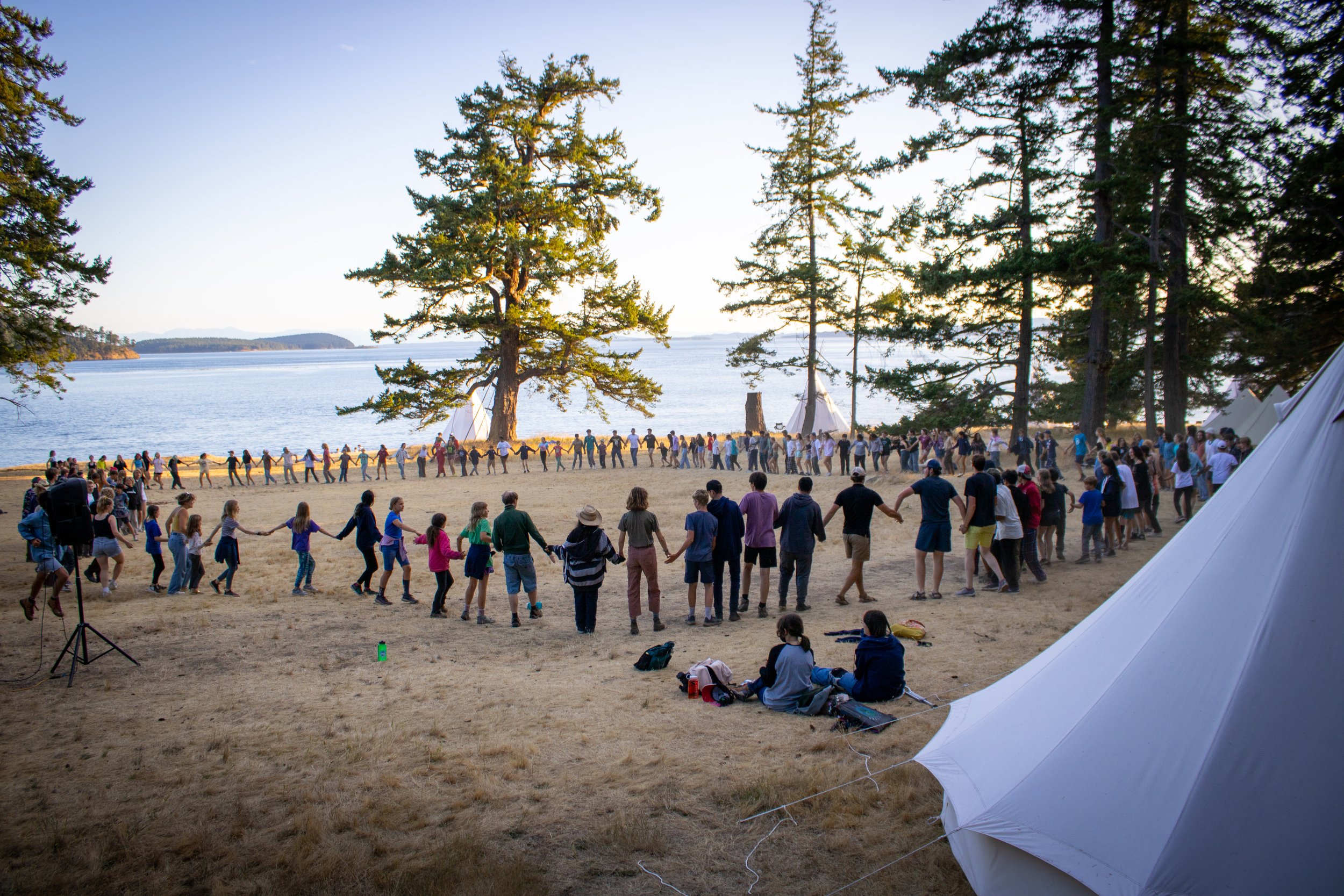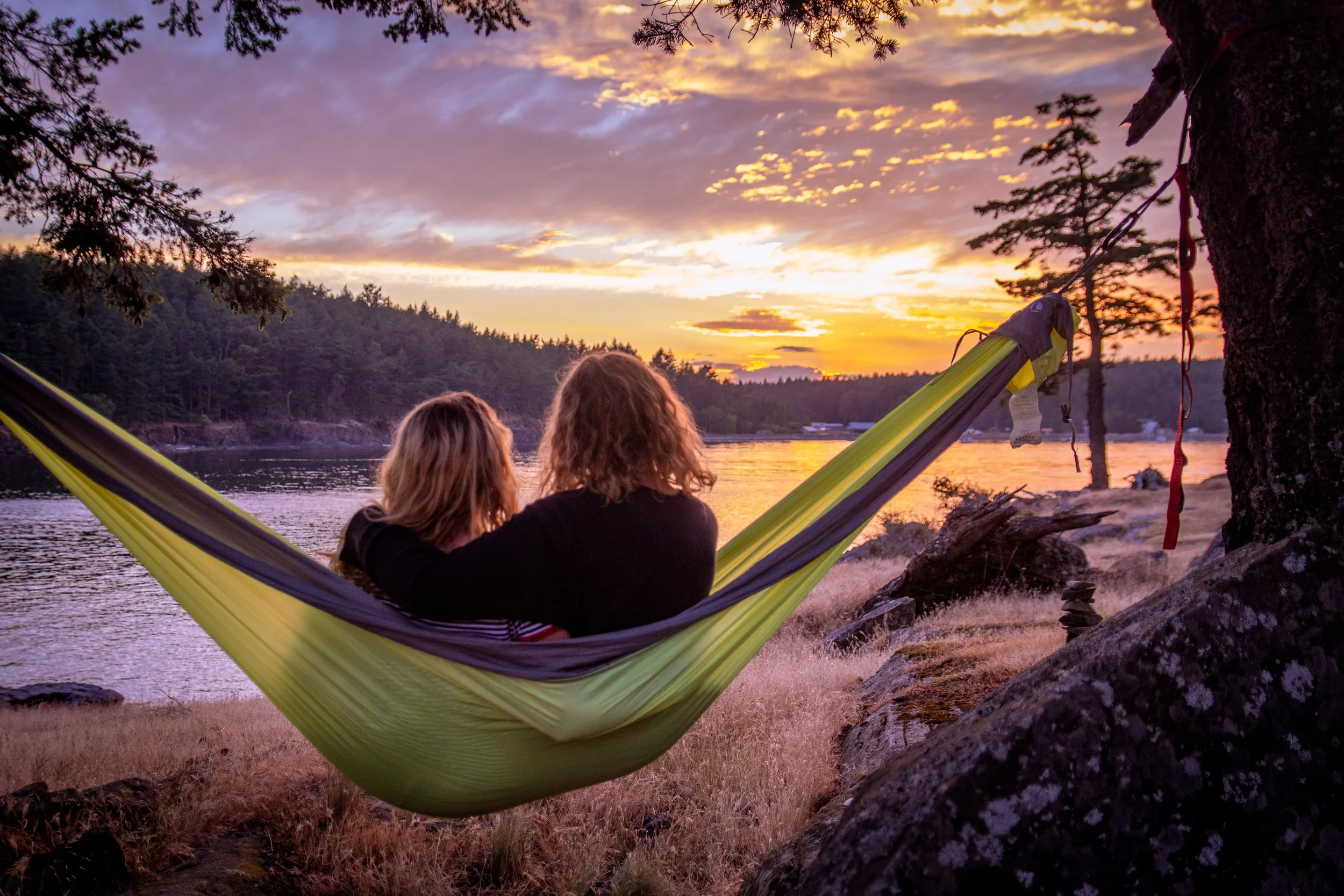Preparing for Camp Nor’wester

Getting Ready for Camp
Your child’s first summer at camp can be great! It can also be challenging and maybe even a bit scary at times. That is what we hope for – that your child will be encouraged to learn new things and challenge themselves and expand their interpersonal skills at camp, surrounded by a supportive unit of peers and counselors. Success for your child may show up in many different ways, both during the session and after they’ve returned home, and we’ve collected some resources that may help in preparing your child (or you!) for their time at camp.
Camp Preparation Resources
-
Is your child ready for camp? They might think they are ready, and you might be ready for them to go to camp – both of which are part of the process.
Start with this Ready for Camp checklist, created by Bob Ditter, a licensed clinical social worker specializing in child, adolescent, and family therapy, and a long-time consultant for camps across the country and the American Camp Association. It is not a set of absolute requirements for Nor’wester, rather a starting point for conversation and naming of growth opportunities for your camper.
The ACA also has resources on their website to help parents and guardians support their campers in getting ready – try their Preparing for Camp page.
Has your camper spent much time outside? Although we’ve created what we consider a home in the woods at camp, and many of our campers really appreciate the opportunity to connect with nature at Nor’wester, it’s important to be confident your camper can handle our rustic living set-up. Go camping for the weekend together, or research short-term programs that offer young people opportunities outdoors.
-
We recommend that you assess your camper’s ability to spend time away from home by setting up overnights at friends’ or families’ homes, or a longer visit (without parents, eventually without siblings) to a trusted relative or friend. Start with an overnight, move to a weekend, and on to a week or two after that.
Snail mail! Most members of our camp community LOVE writing and receiving letters. It’s a big part of our camp culture. It might be a good idea to encourage your camper to start writing letters to friends or family before they leave for camp, so it will be familiar for them while they’re at camp. Encourage them to make a list of addresses to pack with their belongings and to make a stationery kit (including stamps!) so they will be good to go when they get here.
Consider the following list of “Essential Camper Functions”. This is meant to help you assess your child’s ability to deal with growth opportunities they will encounter at camp, not to discourage them from seeking a camp experience.
List of Essential Functions
-
Missing home and familiar things is a normal part of being away from home. Consider it an opportunity for your child to practice using their coping and interpersonal skills in a setting away from the familiar. Michael Thompson, a consultant, author and psychologist specializing in children and families, offers a perspective in this book, Homesick & Happy.

Nor’westers Camper Perparedness Statement
To ensure a positive and successful experience for each camper, we are committed to being transparent about the support we can provide at Camp Nor’wester. Our program is structured around a Unit System, where campers live, interact, and participate in activities as part of a close-knit consistent group of peers, led by trained staff members. Most of each day is spent in community with others, which can be both rewarding and challenging.
We encourage families to carefully review the expectations outlined below to ensure that Camp Nor’wester is a good fit. For a camper to thrive in our program, they should be comfortable with:
Following a structured group schedule and adhering to verbal and written directions, as well as safety guidelines from staff.
Handling unpredicted but necessary schedule changes and adjustments to daily plans.
Managing frustrations and disagreements constructively.
Independently meeting their personal care needs, such as toileting, showering, dressing, and eating.
Living in an active/rustic setting and being able to walk from place to place at camp on uneven terrain and taking part in camp activities, including age-specific overnights and trips.
Our program is designed for campers who can self-manage within the group setting, and unfortunately, we are unable to provide significant one-on-one support in our 4-week program.
As part of the enrollment process, campers and their parents/guardians will complete a "Camper Commitment to Community" form in the spring. This form outlines specific behavioral expectations for camp and is an important step in preparing each camper for a successful experience.
We value open communication and would be glad to connect with families early to discuss any specific support needs or concerns to help determine if Nor’wester is the right fit for your camper




